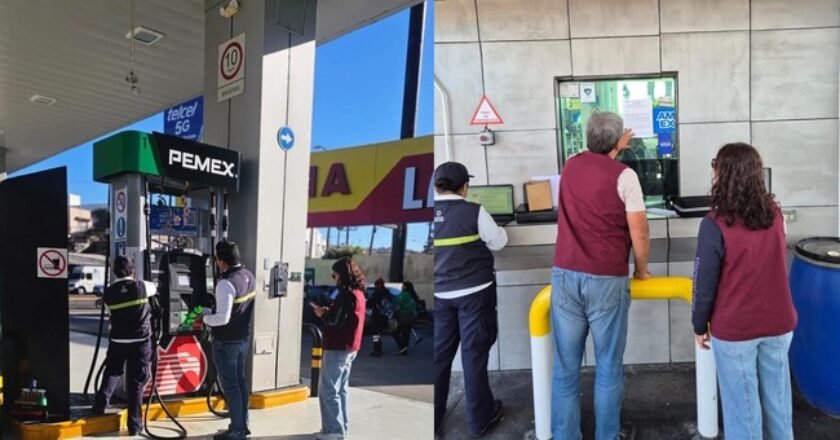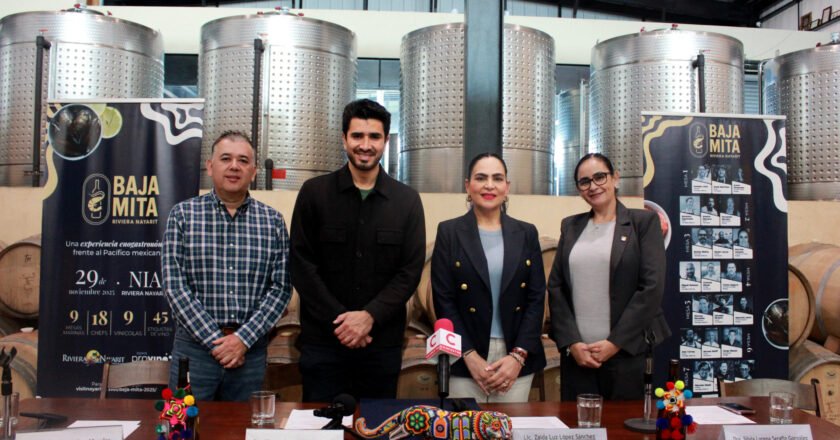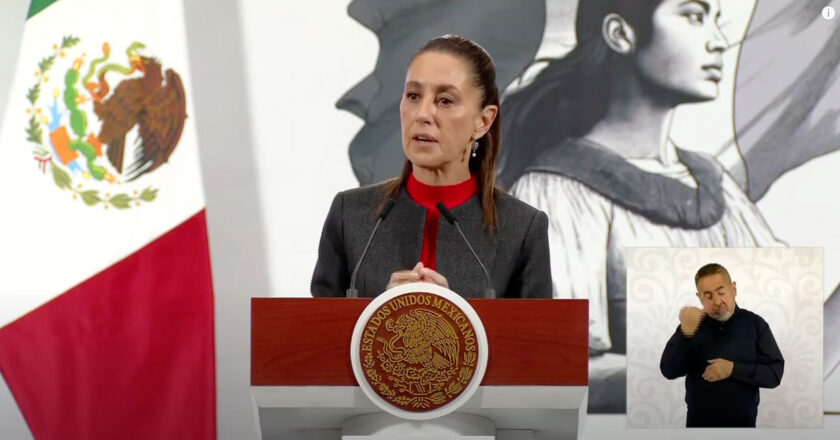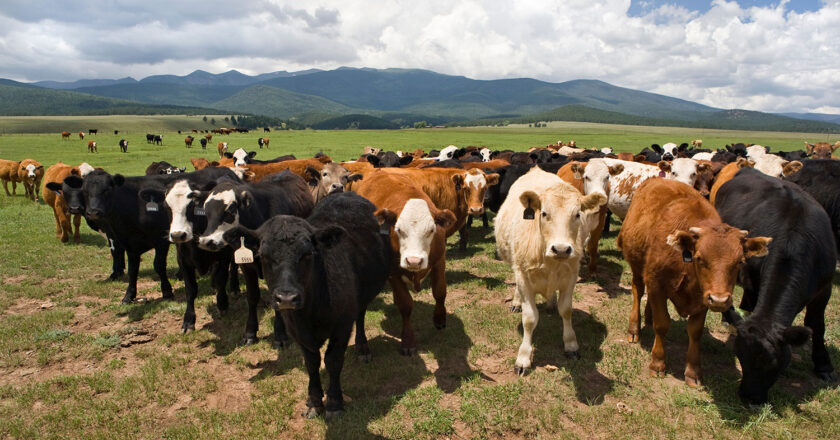It’s Mexico’s Constitution Day. The exact date of the signing of the 1917 Mexican Constitution was February 5, but it …


It’s Mexico’s Constitution Day. The exact date of the signing of the 1917 Mexican Constitution was February 5, but it …

Gas station drama returned to Baja this week after the Procuraduría Federal del Consumidor (PROFECO) and the Agencia de Seguridad, …

As a National Researcher who investigates how Artificial Intelligence (AI) transforms education and healthcare, I’ve witnessed its rapid jump from …

When Mexico works hand-in-hand with the U.S. Treasury, the story usually drips with tension. This time, though, something different happened. …

No Crown Above Dignity Two women. Two public moments. The same old story. One walked through a city street and …

A Toast Worth Crossing States For When Baja and Nayarit throw a dinner party, it’s never about tacos and tequila …

Because Apparently, We Still Need More Places to Wi-Fi and Complain About Wi-Fi Mexico’s long-standing love affair with frappuccinos, “personalized” …

A Weekend of Dance, Storytelling, and Smoke-Kissed Flavor CDMX – August 2–3, 2025 — This weekend, Baja California is packing …

Mexico’s new president scores a diplomatic win—but the accusations are still on the table In what’s being called a behind-the-scenes …

If you blinked, you missed it. Just two days after the U.S. began reopening ports to Mexican cattle, the border …